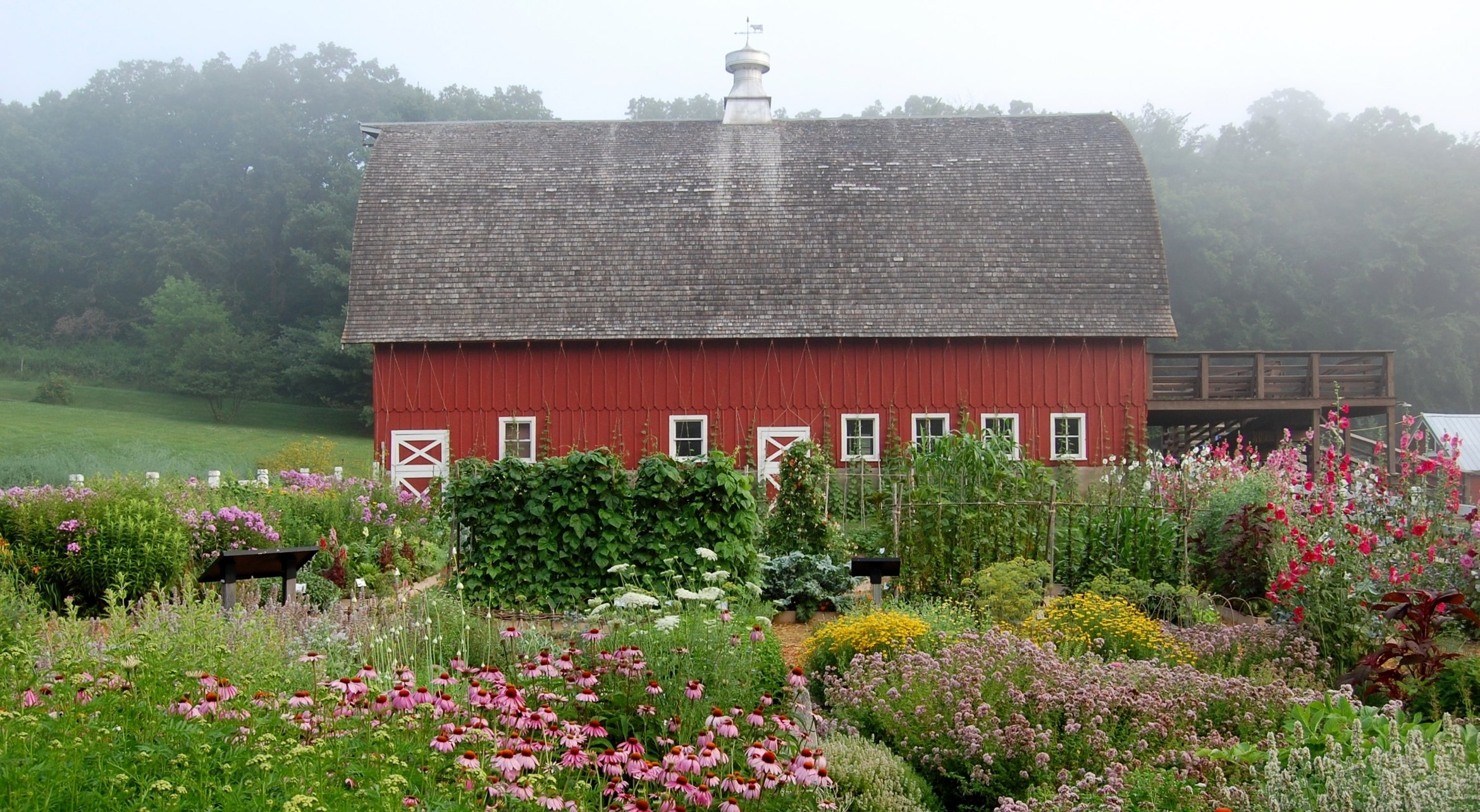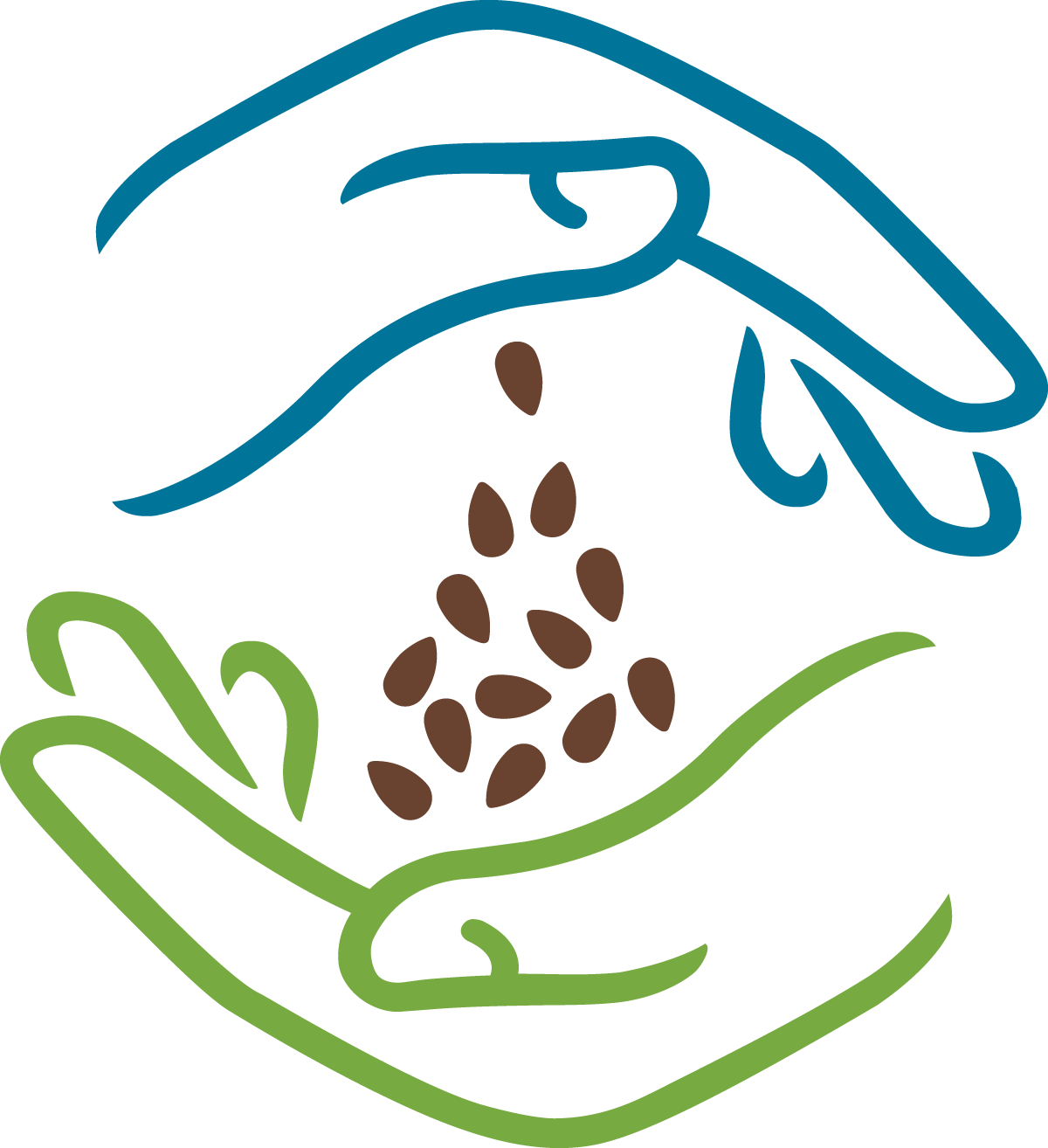Healthy Seeds are Happy Seeds
/Testing for squash mosaic virus
Part of the responsibility that comes with maintaining a seed collection containing over 20,000 rare garden varieties includes testing for and eradicating viruses and diseases. This week the staff in our Preservation Department were busy performing ELISA tests (enzyme-linked immunosorbent assay tests) to identify any squash specimens infected with the squash mosaic virus (SMV). Roughly 1,000 seedlings were tested from 28 varieties.
We regularly test the seeds in our collection for their viability, and when the germination rate on a variety dips below a desired rate, we grow it to replenish the stock in our collection. We maintain our seed collection in ideal conditions to help decrease the frequency of growing varieties from the collection, because the more frequently a variety is grown the more it is potentially exposed to diseases.
To ensure we replenish our squash varieties from healthy seeds, a sample of seeds are sown in the greenhouse from each variety and the seedlings’ cotyledons are then tested using the ELISA test format.
- The plant material is placed into the wells of a “plate” coated with an enzyme that grabs on to any squash mosaic virus particles that are in the tissue sample.
- After 2 hours, the plate is rinsed leaving any virus particles trapped on the surface of the well.
- A second enzyme solution is then added, which also binds to the virus, sandwiching any particles between the plate and the enzyme conjugate.
- The plates are washed again and a third solution is added that reacts with any enzyme conjugate that is stuck in the plates.
The result will be a visible yellow color if the squash mosaic virus is present. Just like any scientific process, a control is used for comparison purposes. In the picture below, wells B1, C1, F12, and G12 are controls. Well F8 shows a presence of the squash mosaic virus in a seedling sample, which was then culled from this year's grow-out.
Staff members have performed similar tests for lettuce mosaic virus, bean mosaic virus, and onion yellow dwarf virus in garlic. For anyone interested in testing their plant collections at home, testing kits are available via Agdia, Inc. for a variety of purposes.
Learn more about our seed and plant collections here. ___________________________________________________________________
Seed Savers Exchange is a non-profit organization located in Decorah, Iowa, with a mission to conserve and promote America's culturally diverse but endangered garden and food crop heritage for future generations by collecting, growing, and sharing heirloom seeds and plants.















